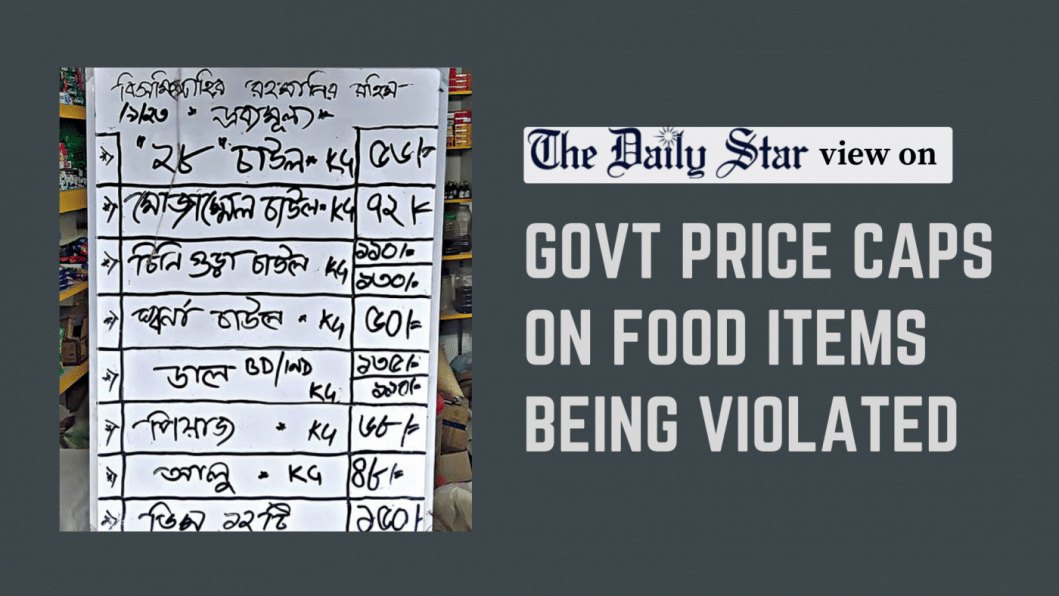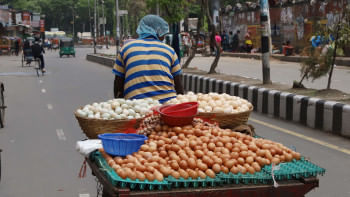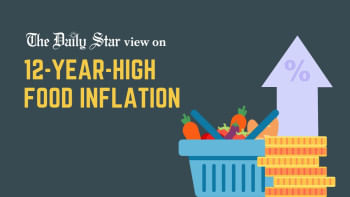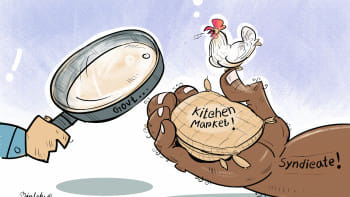Why set price caps if no shopkeeper complies?

What's the point of setting price caps if the authorities cannot ensure compliance of said caps? The futility of such regulatory interventions, however well-intentioned, has once again been laid bare after the commerce ministry set the prices of three commodities – onions, potatoes, and eggs – on Thursday. According to media reports, the initiative hasn't had the desired impact as most traders, in the absence of effective monitoring and enforcement, were selling those at higher prices the next day. This happened not just in Dhaka but across the country, too.
In the capital, according to a report by this daily, most grocery shop owners were reluctant to comply with the price caps. For example, the government set the price of onions at Tk 64-65 per kilogram, but market prices ranged from Tk 70 to Tk 95. Similarly, the price of potatoes was capped at Tk 35-36 per kg, yet consumers had to pay Tk 45 to Tk 50. And even though some shops were seen adhering to the government-set price for eggs, most were demanding Tk 13.50 instead of the stipulated Tk 12 for each egg. The resistance from shopkeepers is mostly a result of their suppliers not lowering prices simultaneously. In other words, the lack of compliance was near-total, extending to even the wholesale and cold storage levels.
This is quite frustrating. It shows how powerful market forces continue to exert their influence, leaving consumers to bear the brunt. The Directorate of National Consumer Rights Protection did, according to a Prothom Alo report, fine 90 companies across the country for failing to adhere to the government-set prices. But it was nowhere near enough to translate the initiative into real relief for consumers. In the past, we have seen how similar caps were imposed on the prices of other commodities, including LPG gas, edible oil, and sugar, only for those to fall flat quickly.
What this shows is a glaring gap in our regulatory framework – the lack of an effective mechanism to ensure compliance with not just the government's price caps, which is a special measure, but even general rules and regulations governing the market. What, then, we need is not quick fixes, however appealing they might seem. The authorities must establish a functional monitoring and enforcement mechanism to ensure that unscrupulous traders and companies controlling the food supply chain cannot manipulate prices.


 For all latest news, follow The Daily Star's Google News channel.
For all latest news, follow The Daily Star's Google News channel. 









Comments